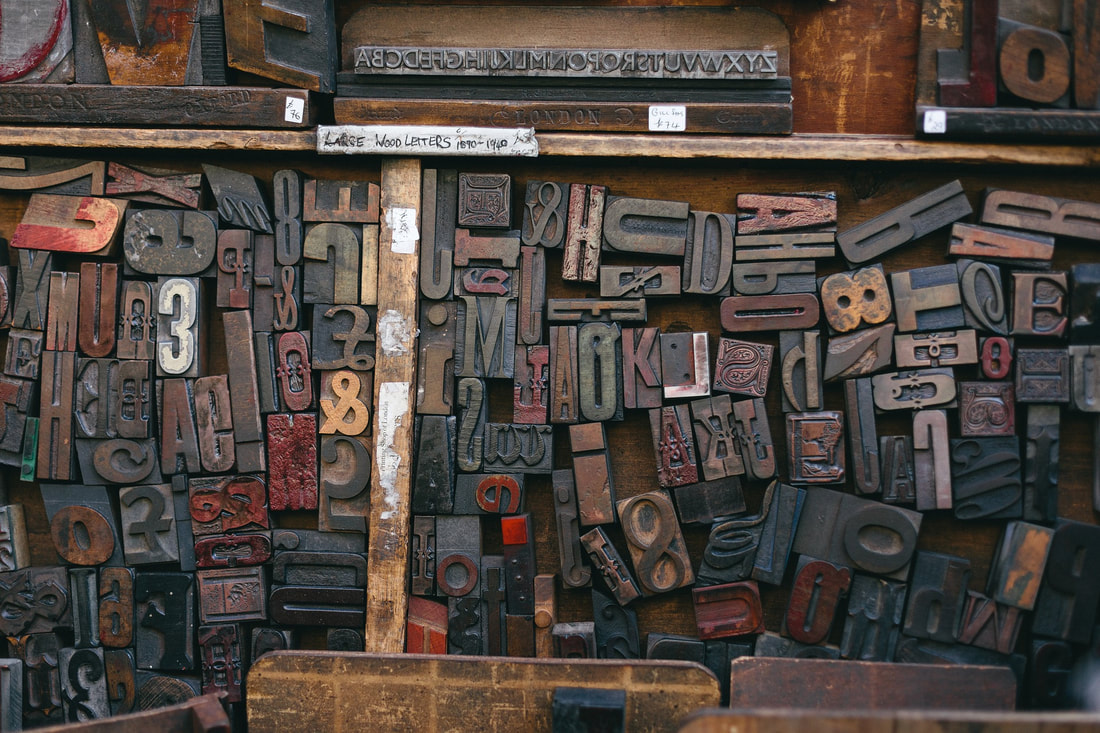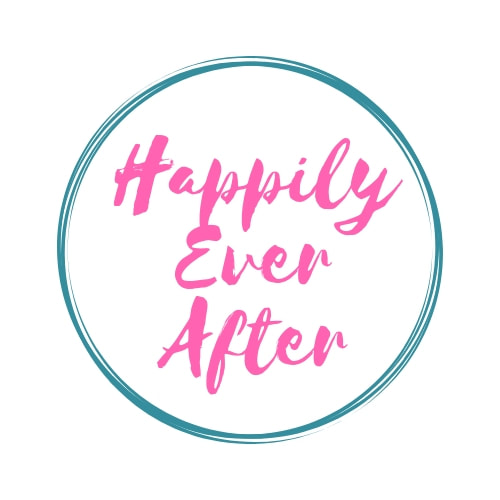 I hate writing up a synopsis. Absolutely hate it. But, when I’m reviewing a manuscript, it’s the first thing I look for. Why? If constructed well, it will sell your writing, or more importantly the book. The reader (agent, publisher) will know from reading this baby that you understand the basics – setting the scene, conflict and character development. With a synopsis, you can’t hide. I get it though, they’re difficult to write. How much info to add? What to add? Is it just a series of plot points? Yes and no. Things to remember when writing a synopsis:
Can you use a quote from the text? Yes, of course. Keep it brief, though. How many pages? Again, keep it brief, one to two pages? Hint: these are often easier to write AFTER you’ve finished the novel. What are your feelings about writing a synopsis?
0 Comments
 Around ten years ago (maybe less), self-publishing took off in a huge way. Writers like Amanda Hocking became millionaires overnight as the market hoovered up the free books that flooded the market. With the advent of the Kindle, publishing changed. You could download work immediately, and with Amazon KDP anyone could publish their work. Did it matter if the work was well-edited or well-written? No, not really. Actually, hang on, yes. Chuck Wendig christened the self-pub market as a ‘shit volcano’. Crappy, badly formatted books with half-formed charactersand underdone plots piled up. Where did this leave self-publishing? Fast forward a few years...Today’s self-publishers, or indie publishers as they’re now known, are bona fide writers with talent and drive to boot. The behind-the-scenes work that traditional publishers offer - editor, cover designer, marketer - are hired by Indies to ensure a great product out to market. We even have writers CHOOSING the self-pub route. The lines have blurred plenty in those intervening years, and with it is the rise of the writerpreneur. (If you want to know more about the indie/traditional publishing routes, sign up for #ROSACon2019 where I’ll take you through the ins and outs). But, to return to my original question... does a self-published book qualify as published? Yes. Yes, of course it does. Self-publishing is a viable, and usually far more lucrative route than traditional publishing. But either way, you have made your book/s available for sale. You have sold them on a public marketplace. You have offered them to book bloggers and review sites for review. You have put together an author website to increase your visibility and sell more books. There are authors I know who have never been anything other than an indie author - they are well-known, well-loved and well-read. They are published, regardless of with whom they have entered the contract. To suggest that a book that was self-published is not a published book points towards something else. A belief in ’standards’ or ‘gatekeeping’ to ensure quality control, perhaps? If your book isn’t ready, don’t put it up for sale. Do the work. There’s no harm in taking your time, but there is in rushing. Something to ponder: In romance, Indies are leading the pack, dominating the market.  Does size matter? How long is your manuscript? How long should it be? Is shorter better? Or is longer the way to go? Here are the basic guidelines (the long and the short of it)*:
Then there are those publishers that don’t mention word counts as a hard and fast rule (Harper Impulse, Bookouture, Avon). It’s a good idea to make sure that your book’s length matches the publisher’s or agent’s requirements before setting out querying. Or writing for that matter. No point writing a 150,000 word epic that no-one will publish. I’ve just read through a series of pitches that were rejected because their word counts were either too short or too long. Don’t let that happen to you! Different publishers have different rules about what length they publish. And some publish digitally up to a certain word count and only then publish in soft cover. I’ve mentioned a few romance publishers here but there are others. Do the research! Check, check and check again. You don’t want to come short with your word count! *This list is not exhaustive and all information is correct as at 19/02/2019 |
A little something to get you started on your writing journey:
Do you want to write a romance novel?Everyone wants a HAPPILY EVER AFTER (HEA). Categories
All
|
|


 RSS Feed
RSS Feed